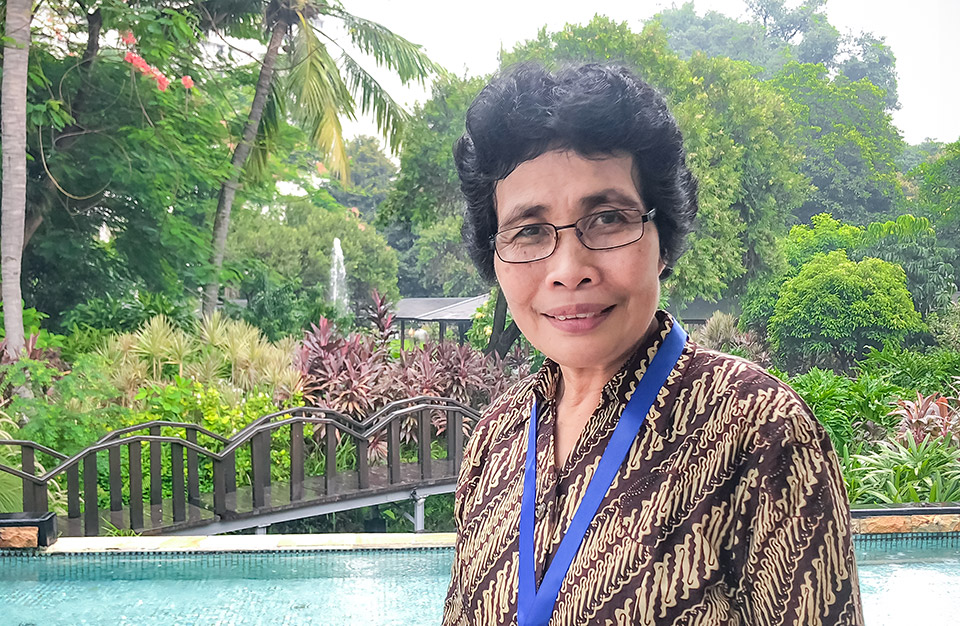From where I stand: “Good regulations alone are not enough if law enforcers cannot do their work without bias.”
Justice Albertina Ho, 59, serves as a judge for the High Court of Medan, North Sumatra, Indonesia. She was one of 35 judges to participate in a training to help judges remove gender biases and combat stereotyped behaviors when interacting with women in the court system, which took place in December 2018 in Jakarta, Indonesia.
Date:
Interviewed by Radhiska Anggiana.


As a judge, I see every day the need for mindsets to change within the judicial community. A few years ago, some fellow judges told me they believed that women should not wear miniskirts, and women should not go outside of their homes at night because it is not safe. Some judges are still questioning whether sex workers can ever be victims.
We are making significant progress in implementing a Supreme Court regulation on court procedures for cases involving women, yet we still have a long way to go to address gender stereotypes in the judicial community. Even with regulations in place, judges could continue to say inappropriate comments to the victims.
I experienced stereotyping myself as I was building my career. I constantly found myself in a position where I had to prove what I was capable of. In the past we had legal counseling sessions, where we had to go to remote areas, yet I would not complain if I had to come back late or conduct hearings in mountainous regions. These are professional consequences of being a judge.
Shortly after becoming a judge, I discovered the challenges faced by victims of sexual and gender-based violence. Since then I have been learning that good regulations alone are not enough if the law enforcers cannot do their work without bias."
As part of a programme on Enhancing Women’s Access to Justice, UN Women is supporting the Supreme Court of Indonesia to address gender discriminatory attitudes and stereotyped behaviors towards women by formal law providers. By jointly developing the Training of Trainers module on Women’s Access to Justice, in which Justice Albertina participated, UN Women and the Supreme Court Training Center aim to help judges identify issues and challenges that women face in accessing justice and how to address them. Justice Albertina’s story relates to Sustainable Development Goal (SDG) 16, which aims to promote peaceful and inclusive societies, and SDG 5 on gender equality and women’s empowerment.